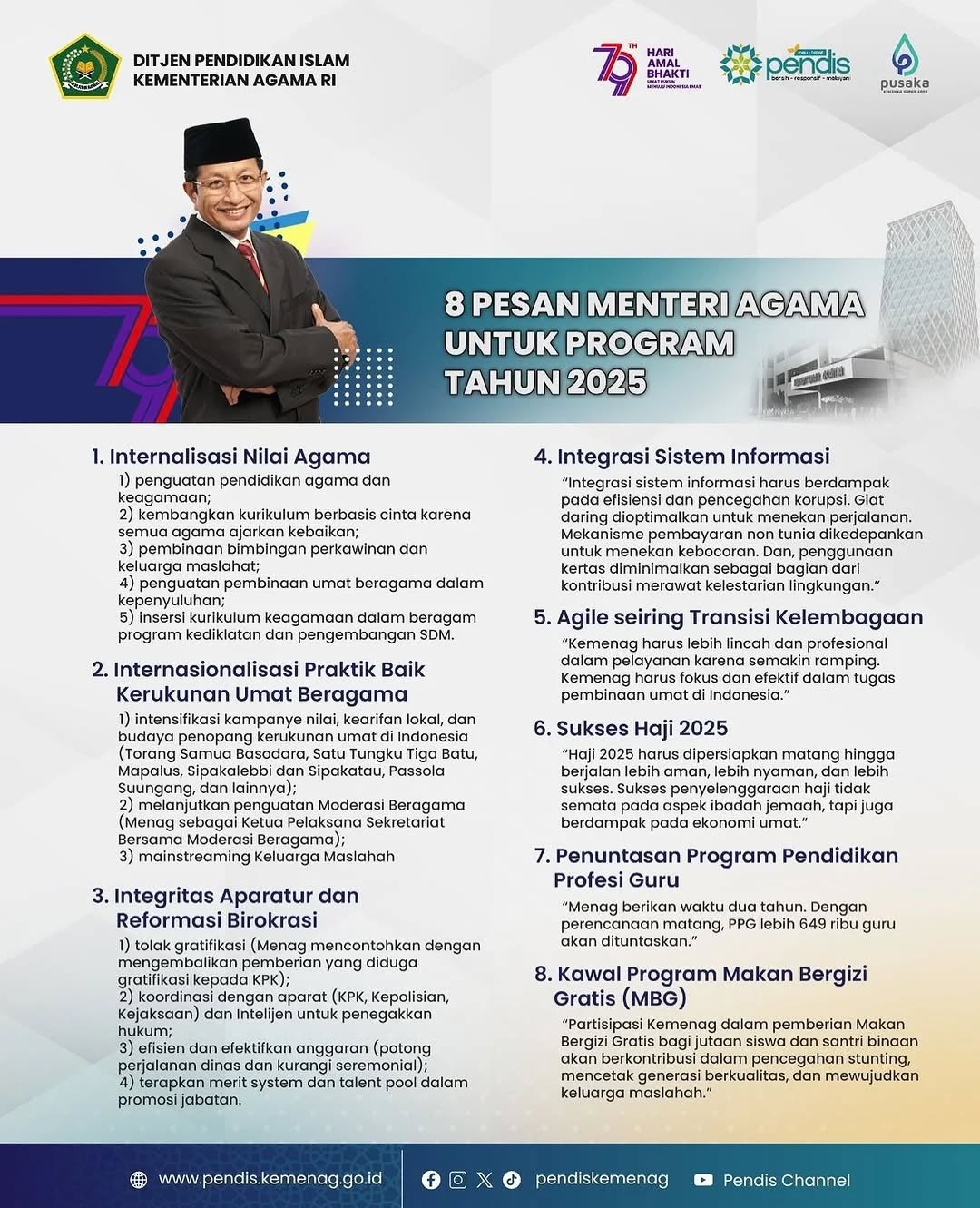BERITA UIN
The Existence of Human Being in KH. Hasan Mustafa’s Thought
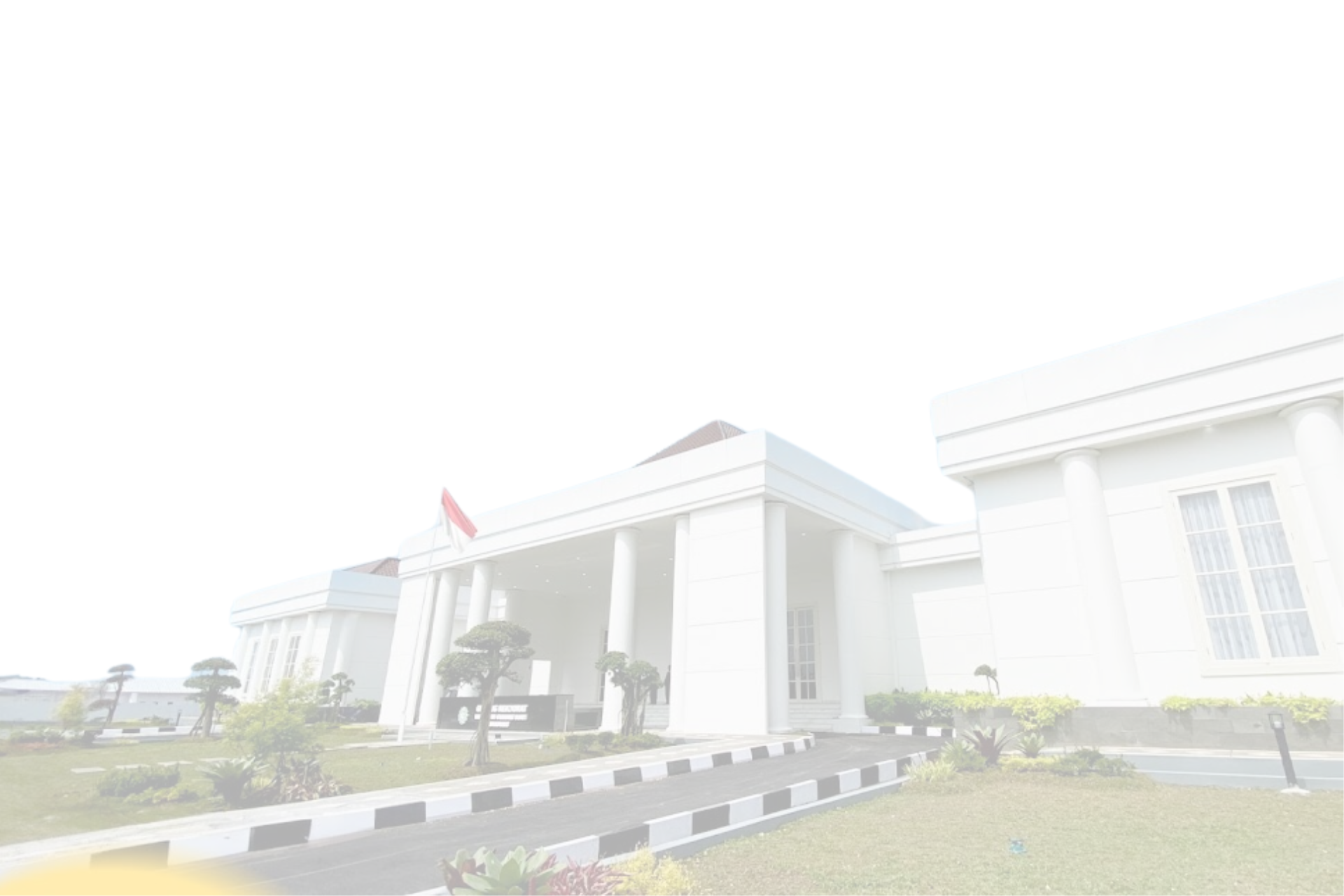
The existence of human being has been a classical subject in the discipline of Kalam, which radically formed in Jabariyah and Qadariyah way of thought. Beside, theological assumption in accordance with tasks and functions of human being in this world as a kalian (vicegerence) and as an ‘abid (worshipper), either it was realized or not, has been convinced the dilemma of Kalam. When the extreme dualism of thought become one chief principle, that formed certain form of theological thought characteristic (in Islamic expression), and then become one school of thought in Kalam, specially if it touched with a certain political and ideological sense, eventually it become a sacred thing. At the same time, it becomes the mental of its society.
The community of Indonesia, specially Priangan, or Sundanese community, but its ordinary villagers, held Ash’arites school of Kalam, which tends to Jabariyah concept of thought. Hasan Mustapa saw that mentality which constituted religious attitudes in Priangan (Sundanese community), arose from its tendencies to differ every subject to a radical and diametrical differentiation, and then concentrated to one of both options.
The main subject of the research (purpose of the research) is the concept and ontological root of the existence of human being, and its capability to cover the dilemma of thought which existed before human being.
The research stands on a basic assumption that chief concept of the existence of human being has a pre-eminent place in Islamic thought, especially in the discipline of Kalam. The concept has been formed way of thought of its community. The research based on two grand theories which both of them, explicitly or implicitly, talked about the existence of human being, i.e. Ibn ‘Arabî’s theory of Theosophy, which originated from Hallaj, then improved by al-Jilli and Burhanpuri, and the theory of existentialism in philosophy. These showed that the differentiation rooted on a pattern of relationship, which formed bay human being (individual) with some thing beyond them, including God. This pattern of relationship affected to theological and epistemological insight. Then, it effect to image processing through self, which concreted in a form of naming and shaping identity through self-pronoun.
It was a library research with a qualitative method. It used inter-textual analysis as a main technique, and placed the manuscripts of Hasan Mustapa’s essays as a main data and the manuscript of his poetry as a controller data. Both of them were the works of Hasan Mustapa, which have been translated to Latin letter by some writers, some specialist in this field. When all the data have been collected, the next step is editing data, and then analyzing it with theosophy and the philosophy of existentialism.
From the research, found that Hasan Mustapa based his thought on the theory of theosophy Wujudiah, with the concept of Tajalli “Martabat Tujuh”. The theory of Tajalli, then, served as an ontological frame of Hasan Mustapa’s concept of Existentialism. Generally, the concept of existentialism of Hasan Mustapa, found in his work Sasaka di Kaislaman. The work explained about concept of Taraqqi, which was an analogue with al-Jilli’s thought. The states described in Sasaka di Kaislaman, i.e.: Islam (submitting), Iman (faith), Soleh (Pious), Ihsan (Devotion), Sahadah (Witnessing) Sidikiyah (Sincerity), and Kurbah (Nearness). From the works above, concluded that the highest station of human being could be obtained when the existence of human being manifested in a dynamic relation and reach awareness all of the plural realities was a unity, which is based on a singular, an oneness, i.e. God. And, human being is a perfect and real manifestation from the process of God’s Tajalli (manifested) to the plurality of real.
Berita Lainnya
-
 Surat Edaran Geo-Tagging Perjalanan Dinas
Surat Edaran Geo-Tagging Perjalanan Dinas
09 January 2025 -
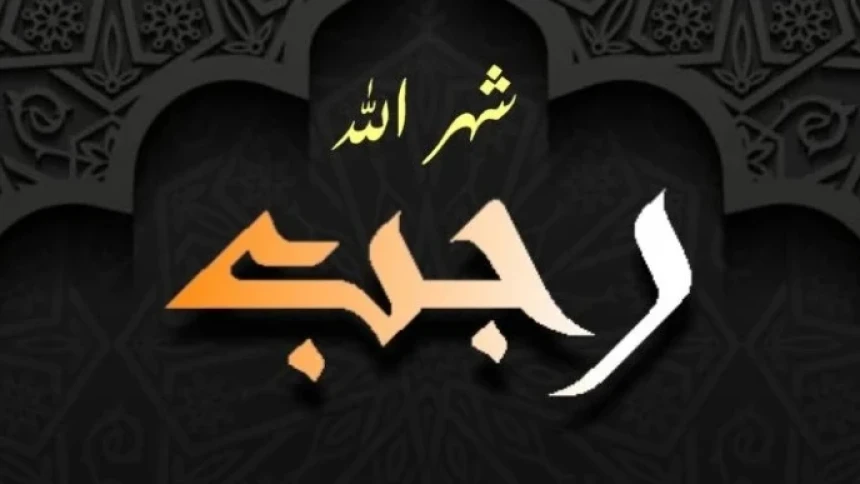 Keistimewaan Bulan Rajab
Keistimewaan Bulan Rajab
08 January 2025 -
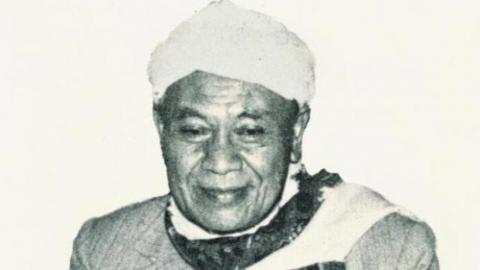
-
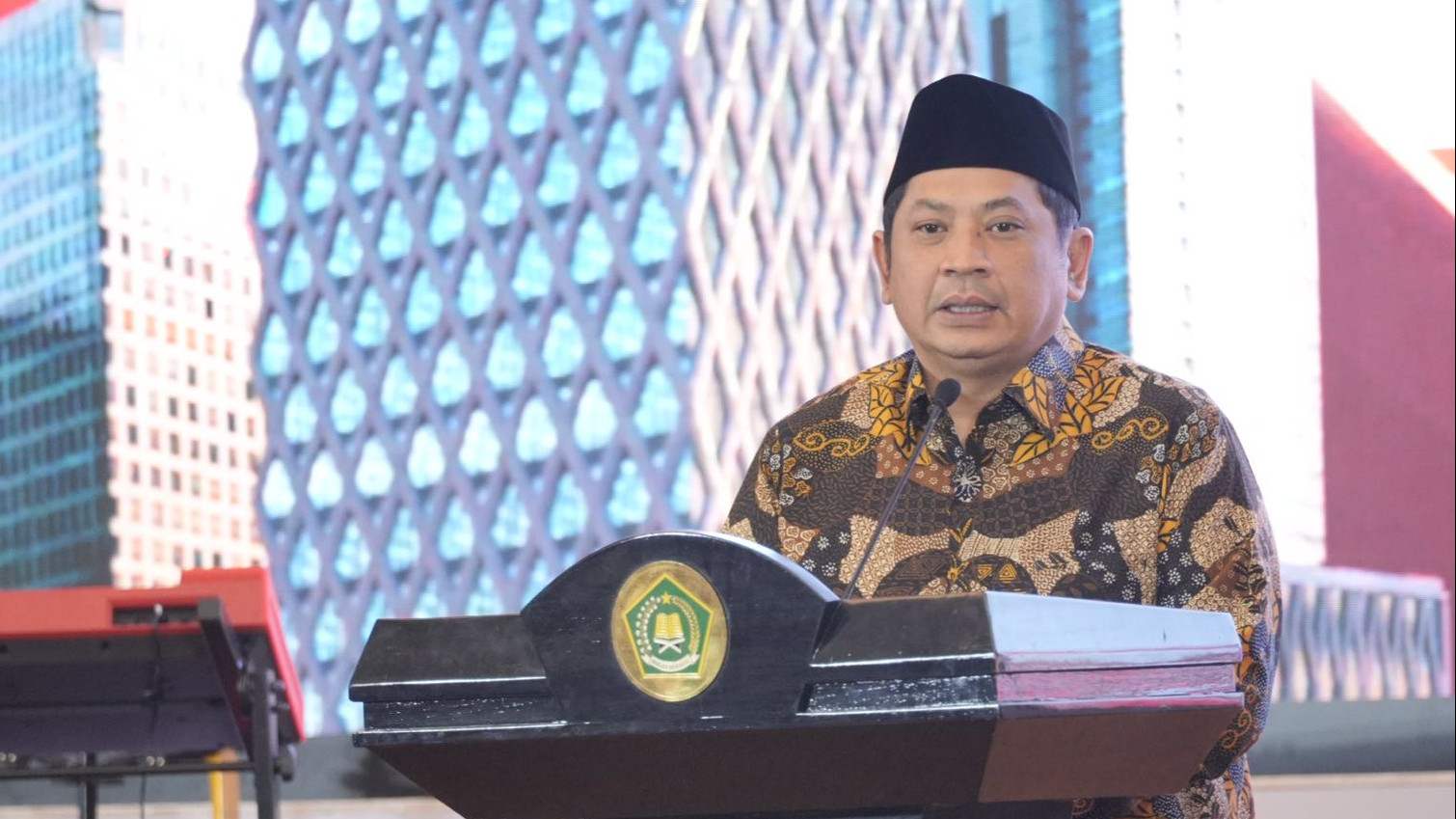
-
